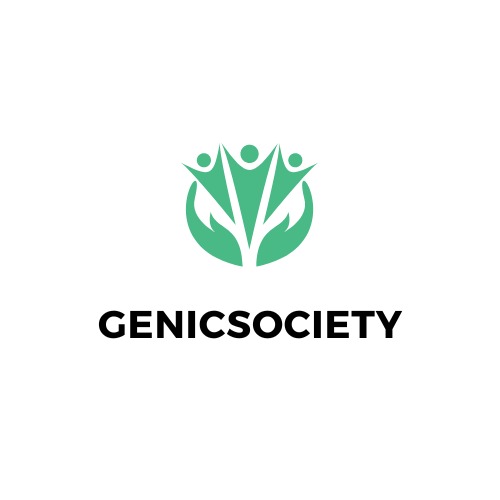In recent years, there has been a growing interest in the role of female Quran teachers and their capacity to provide Quranic counseling. This exploration delves into the presence, significance, and impact of female Quran teachers offering Quranic counseling services.
Understanding Quranic Counseling
Before delving into the role of female Quran teachers in providing Quranic counseling, it’s essential to grasp the concept of Quranic counseling itself. Quranic counseling involves providing guidance, support, and advice rooted in the teachings of the Quran and Sunnah. It integrates spiritual insights with practical solutions to address various life challenges and dilemmas.The Rise of Female Quran Teachers
Traditionally, Quranic education has been primarily conducted by male scholars and teachers. However, there has been a noticeable shift in recent years, with more women taking on roles as Quran teachers. This trend reflects broader societal changes, including increased access to education and empowerment of women in religious spheres.Challenges and Opportunities
Despite the growing presence of female Quran teachers, they often face unique challenges in gaining recognition and acceptance within conservative religious circles. However, this shift also presents opportunities for women to play a more active role in shaping religious discourse and providing guidance to fellow believers.The Need for Female Quranic Counselors
In many communities, there is a pressing need for female Quranic counselors who can address the specific concerns and challenges faced by women. Issues such as marital problems, parenting dilemmas, and personal spiritual struggles may require a nuanced understanding of female experiences, which female Quranic counselors are well-positioned to provide.Qualifications and Training
Like their male counterparts, female Quran teachers who offer Quranic counseling should possess a solid understanding of Islamic teachings, as well as counseling skills and techniques. Training programs specifically tailored to female counselors can help bridge the gap between traditional religious education and modern counseling practices.Case Studies: Female Quran Teachers in Counseling
To illustrate the impact of female Quran teachers in providing Quranic counseling, let’s examine a few case studies from different cultural contexts:- Fatima, a Quran teacher in a conservative community, offers counseling sessions to women struggling with issues related to family dynamics and religious identity. Her approach combines empathy, Islamic knowledge, and practical advice, resonating deeply with her clients.
- Aisha, a young Quran teacher trained in counseling techniques, hosts online workshops for Muslim women navigating mental health challenges. Through group discussions and Quranic reflections, she creates a supportive space for women to seek guidance and solace.
- Mariam, a university-educated Quran teacher, collaborates with local mosques to provide counseling services for newly converted Muslims. Her holistic approach addresses not only spiritual concerns but also practical aspects of adapting to a new faith community.
Impact and Future Directions
The presence of female Quran teachers offering Quranic counseling has the potential to transform religious education and support systems within Muslim communities. By empowering women to take on leadership roles in spiritual guidance, these initiatives contribute to greater inclusivity and gender equity.Avail our courses
- Explore our online Quran classes for a comprehensive learning experience.
- Enroll your kids to learn Quran online with our specialized courses.
- Experience interactive online Quran learning sessions tailored for kids.
